



Tuesday, September 5th Edition

By Cory Ohlendorf, Valet. Editor
Welcome back! Who's ready for a shorter-than-average week? (*Raises hand)
Today’s Big Story
Self-Driving Car Safety
Yes, It’s a Weird Time for Driverless Cars, but they may already be safer than human drivers
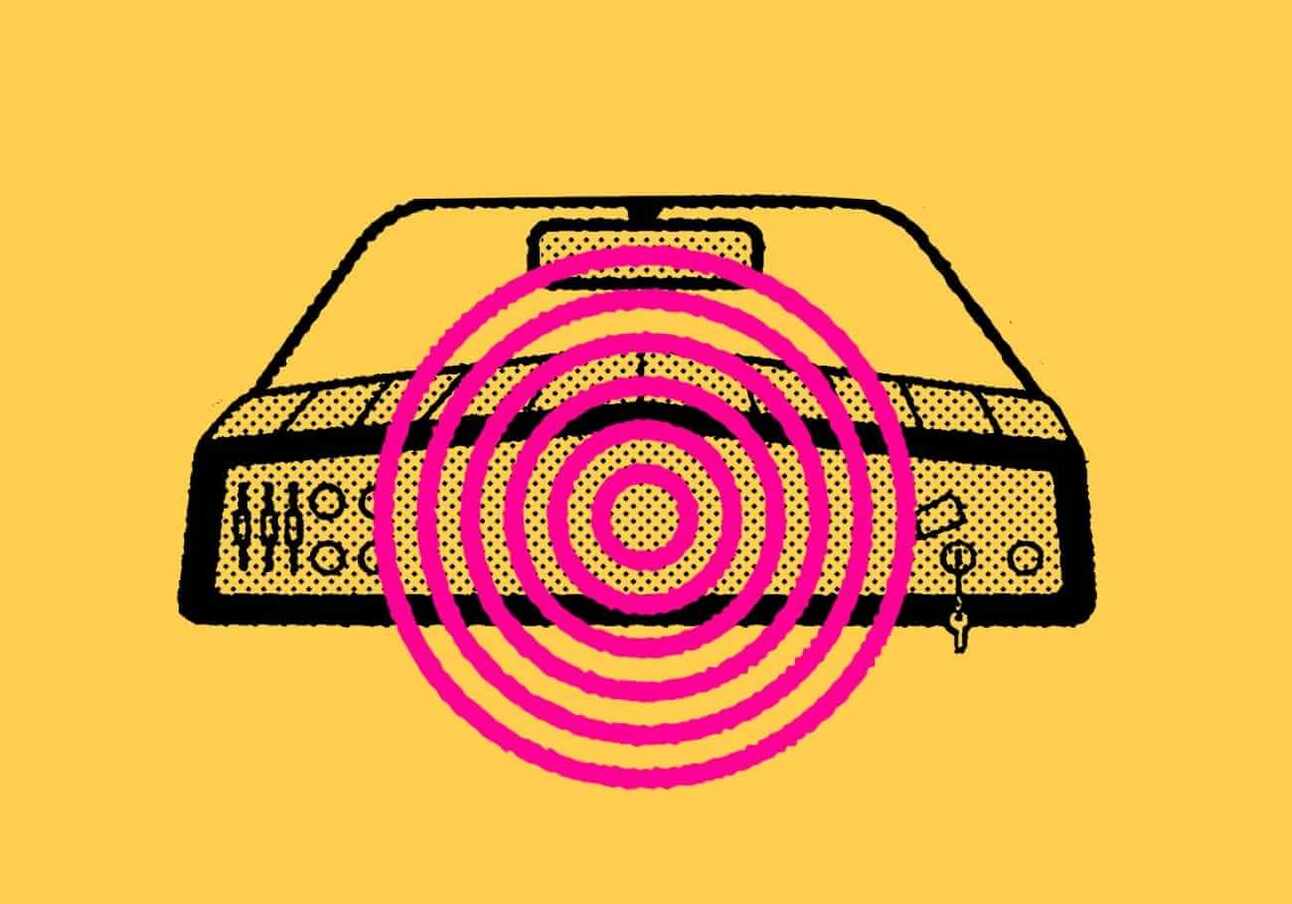
It is the future we've been promised for a long time. The idea of cars being able to drive themselves while we humans could safely relax and enjoy the ride is nearly as old as cars themselves. But now they're here. In one way or another, we've now entered a unique halfway point where driverless cars are somewhere between novelty and mainstream technology.Last month, California gave the green light for two companies operating in San Francisco to expand their presence, charging for rides and running 24/7. Of course, there have been some hiccups since then and, of course, the conversation revolves around the safety of riding in a car without a human driver. Sure, robotaxis aren't perfect. But neither are humans. And since when are machines less careful than human beings?As The Atlantic points out, some 46,000 people perished on America's roads last year, a toll that far exceeds that of most other developed countries. Behind guns, cars are the second-biggest killer of American kids. In theory, an autonomous-driving future could help make our roads safer: Computers don't drive drunk, or get distracted by their phone, or speed.These cars are full of promise, even if the present is far more complicated. You see, just as they expanded operations in San Francisco, Cruise vehicles were involved in two serious crashes within hours of one another. The next day, the California DMV demanded that Cruise cut its driverless taxi fleet in half while these crashes were investigated. Then, New York Times reporter Cade Metz argued that it has become “more and more clear to the people riding the cars, and to other citizens in the city, that they are flawed, that they can gum up traffic, that they can cause accidents ... and that we don't know yet whether it's safer than a human driver.”But we actually do know a fair amount about the safety of driverless taxis. According to Ars Technica, who read through every crash report Waymo and Cruise filed, the two companies have driven a combined total of 8 million driverless miles and the math breaks down to about one crash for every 60,000 miles—which is about five years worth of driving for a typical human motorist. And the vast majority were minor, low-speed collisions that posed no safety risk. So the evidence for better-than-human performance is already starting to pile up, with just a limited amount of data available. The question is, do you feel safe enough getting into one?
FYI:
Several experts have speculated that the widespread adoption of autonomous vehicles could cut car accidents by 90%.
Federal Deficit Set to Double This Year
A strong economy usually reduces the deficit. Not this time.
The federal deficit is expected to nearly double this year, from about $1 trillion last year to $2 trillion for the fiscal year ending on September 30th. Bigger interest payments and lower tax receipts are being blamed for widening the nation's spending imbalance despite robust overall economic growth.According to the Washington Post, the unexpected surge is likely to shape a fierce debate on Capitol Hill about the nation's fiscal policies as lawmakers face a potential government shutdown this fall and choices over trillions of dollars in expiring tax cuts. The deficit could undermine Biden's attempts to take credit for reining in the budget ahead of the 2024 presidential election. But it will also pose a challenge to Republican lawmakers, who—despite their calls for fiscal responsibility—are pushing to extend more than $3 trillion in tax cuts they approved in 2017.The Wall Street Journal says that such a surge would typically stimulate growth and, in turn, inflation. But not this time. “A looser relationship between higher deficits, economic growth and inflation means there may be less to fear about budget shortfalls in the future.” So, I guess, we have that going for us.
FYI:
From August 2022 to this July, the federal government spent roughly $6.7 trillion while bringing in roughly $4.5 trillion.






America Continues Phasing Out Coal
The U.S. is on track to close half of its coal-fired generation capacity by 2026, 15 years after it reached its peak in 2011
Last year, coal comprised nearly 30% of the world's primary energy consumption. That was behind oil (31.6%), but ahead of natural gas (23.5%). However, coal was responsible for more carbon dioxide emissions than its fossil fuel counterparts.Over the past decade, coal consumption has declined in developed countries, and grown in developing countries, reports Forbes. And the U.S. is on track to reduce coal-generating capacity to 159 gigawatts (GW) by 2026, from a peak of 318 GW in 2011. According to a projection by the Institute for Energy Economics and Financial Analysis, coal capacity will further decrease to 116 GW by 2030.That's good news. Last year, only about 20% of the country's electricity was produced by burning coal—that's less than half its market share a decade ago. Coal is increasingly being replaced by natural gas, as well as solar (and some wind) energy. The American power sector added 14.5 GW of solar generating capacity and 8.0 GW of wind capacity in the last year alone. And consumption in the European Union has shown the same downward trend. What's more, renewable energy from solar and wind are now cost-competitive with fossil-fueled generators, primarily because of technological advancements.

A Burning Man Mess
Tens of thousands still stranded by flooding in Nevada desert
Tens of thousands of partygoers stranded at the Burning Man counterculture festival by torrential rains hoped muddy roads would reopen Monday and allow them to begin their exodus from the Black Rock Desert, but many remain stranded. However, the festival's CEO Marian Goodell told NBC News that everything was under control and turned down help from the Nevada National Guard.Despite reports of some brave souls (and a few celebrities) venturing out on foot, organizers asked attendees not to walk out of the northern Nevada desert (about 110 miles north of Reno). They didn't really specify why. The ancient lake bed where the annual festival is held was beginning to dry out and harden on Monday afternoon. But drivers said they were still encountering foot-deep puddles and stretches of muddy bog along the five-mile route from the camp to paved road.Even in normal years, leaving Burning Man can take up to 12 hours as thousands of cars and trailers creep off the desert playa and onto a jammed two-lane road. This year, organizers urged people to consider postponing their departure until later today to avoid creating an epic traffic jam.
FYI:
Burning Man started in 1986 when founders Larry Harvey and Jerry James burned a human-shaped sculpture at Baker Beach in San Francisco.
In Other News

The North Korean leader will travel via armored train.
Woody Allen Considers Retirement After Latest Film, Still Maintains Innocence and Calls Cancel Culture ‘Silly’
Have you heard about ...

Your September Reading List
From some wild historical fiction about a con man to an insightful exploration of 2023’s more controversial character
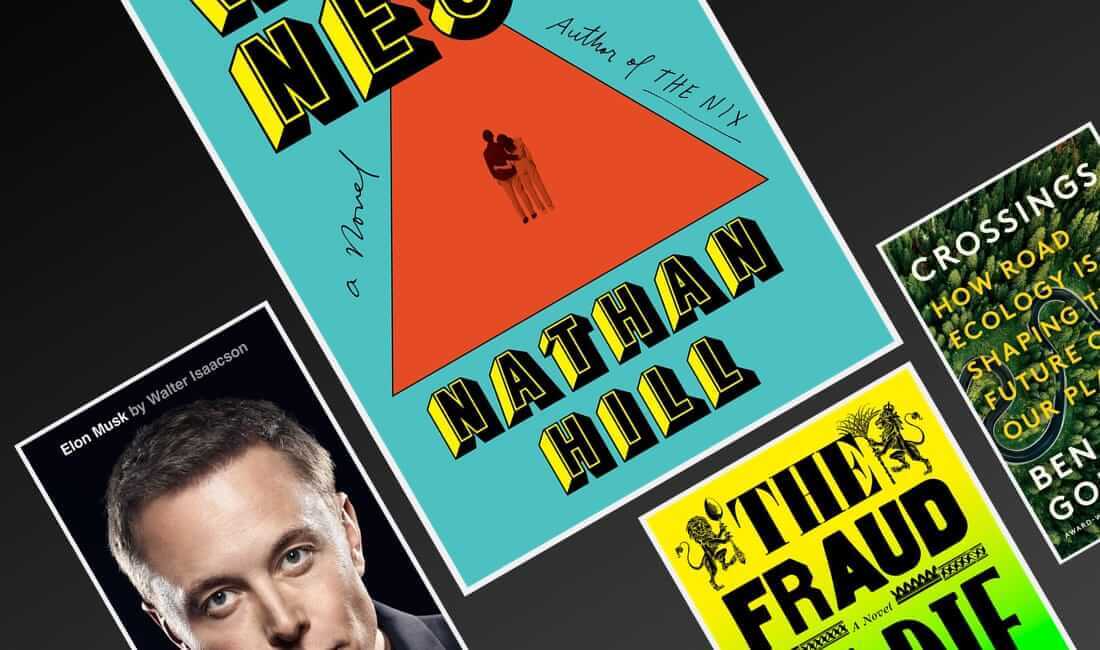
Even if you're not in school, I've got a reading assignment for you: Pick up a book, any book, that gets you excited about reading. In need of something compelling? September has some really good books coming out, so let me make a few recommendations. They range from some wild historical fiction about a con man to an insightful exploration of 2023's more controversial character.

By: Zadie SmithOut: 9/5
Smith’s first historical novel is set in 19th-century London and centers on the real-life tale of a man who stood trial for impersonating a nobleman who’d been lost at sea. Despite being a fraud, he becomes something of a populist folk hero.
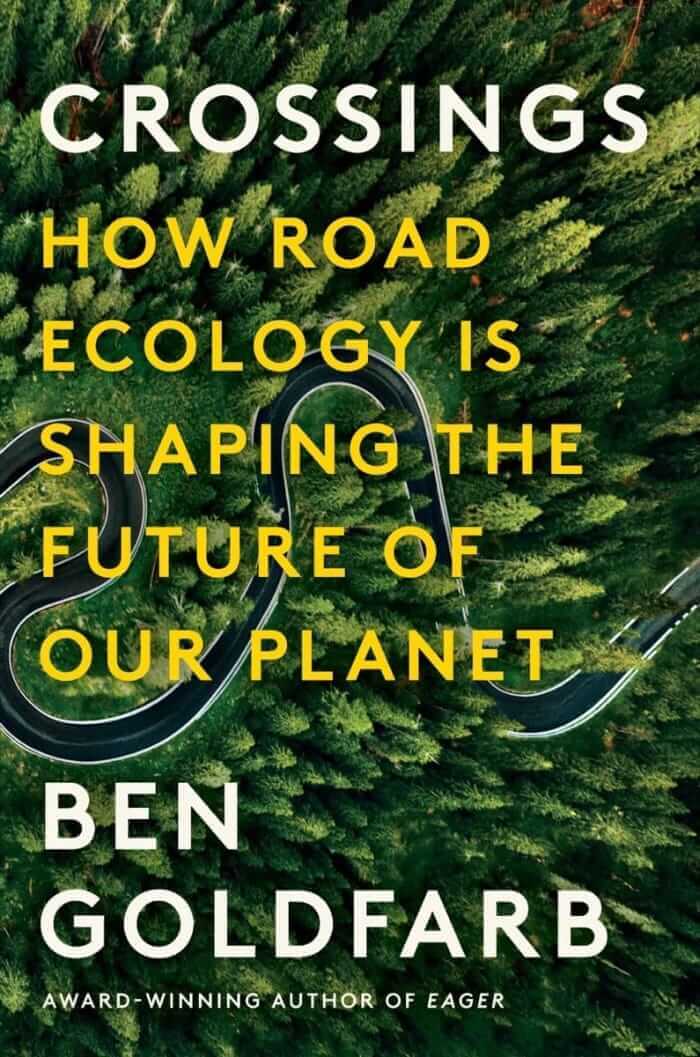
By: Ben GoldfarbOut: 9/12
This insightful book explores the environmental costs of roads. As much as humans depend on concrete highways, the animals around us see them as baffling, dangerous disruptions to their world. But Goldfarb also shares the innovative solutions that are being explored today.
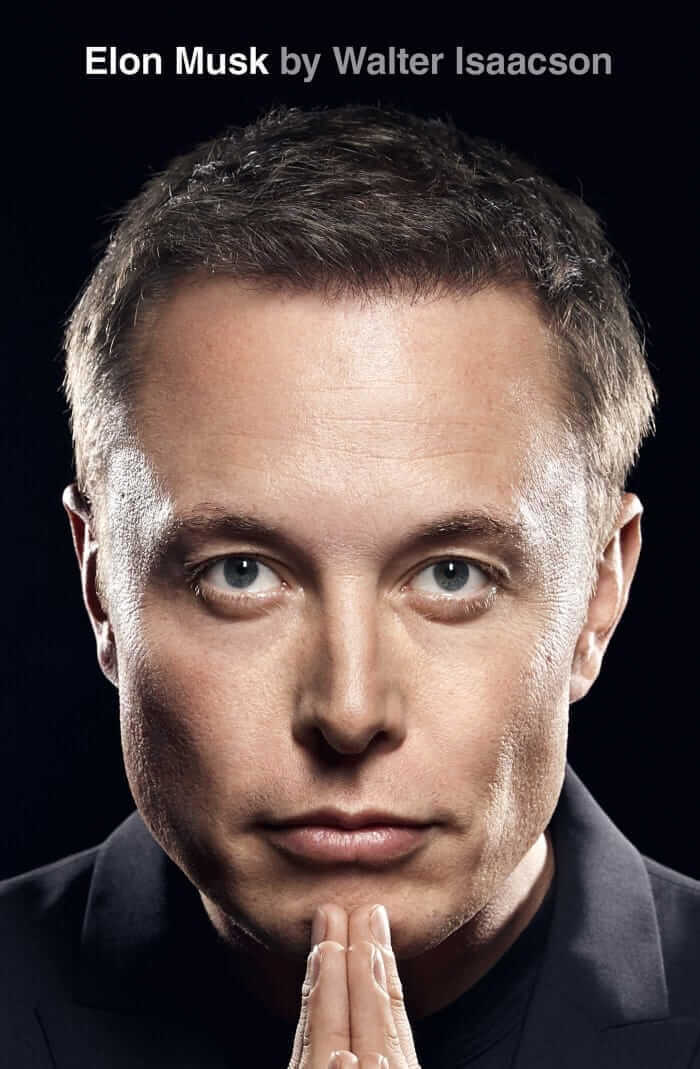
By: Walter IsaacsonOut: 9/12
Walter Isaacson is known for penning the best-selling biographies of Steve Jobs and Albert Einstein. Now, he turns his lens on a new kind of rule-breaker. The book promises an intimate look at the man behind the controversies.
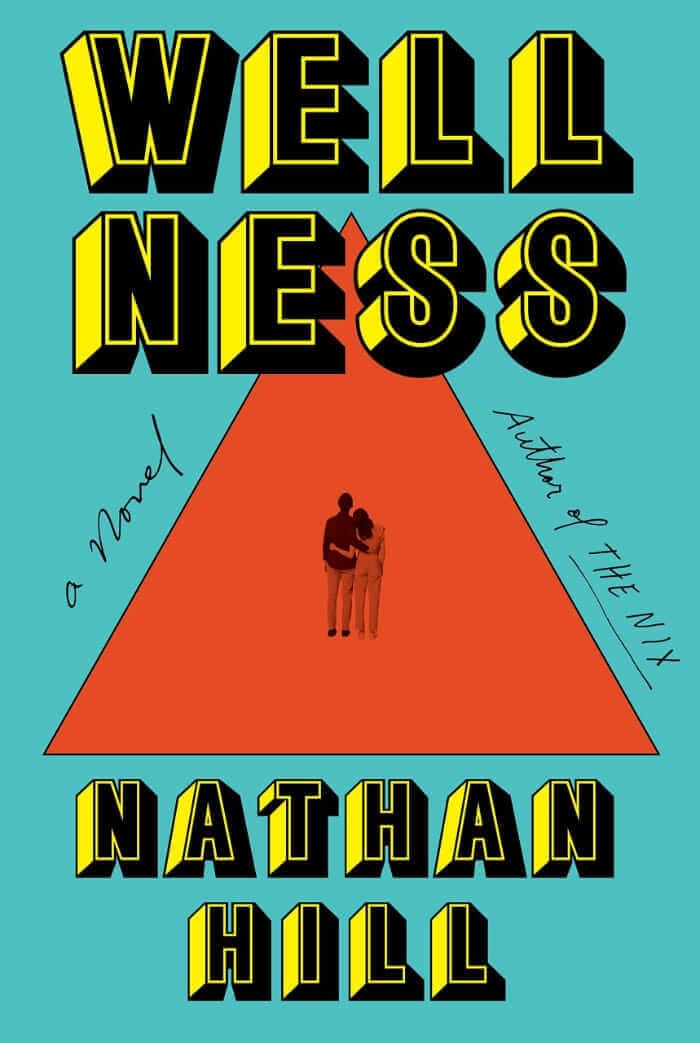
By: Nathan HillOut: 9/12
The New York Times best-selling author of The Nix is back with a poignant and witty novel about marriage, the often baffling pursuit of health and happiness, and how we attempt to grow beyond the stories we tell ourselves over and over.
Shopping
What We’re Buying
Stylish earbuds

What do you want from your earbuds? Do you want big sound in a tiny package? Easy connectivity and wireless charging and noise-cancelling technology, of course. Maybe a stylish case and some textured metal for added old-school appeal? Then these are the ear buds for you. Marshall's new Motif II A.N.C. ($199.99) are precision engineered to give you clear and balanced sound no matter how much you crank up the volume. They're lightweight, durable and made from 70% post-consumer recycled plastic, including used electronics, water bottles and automotive light covers.
Want more?
The five stylish items you should be buying this week.
Morning Motto
Take care of yourself before others.
▾

Follow:
Share today’s motto:




